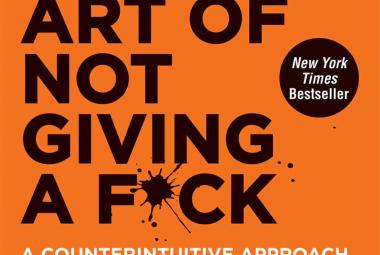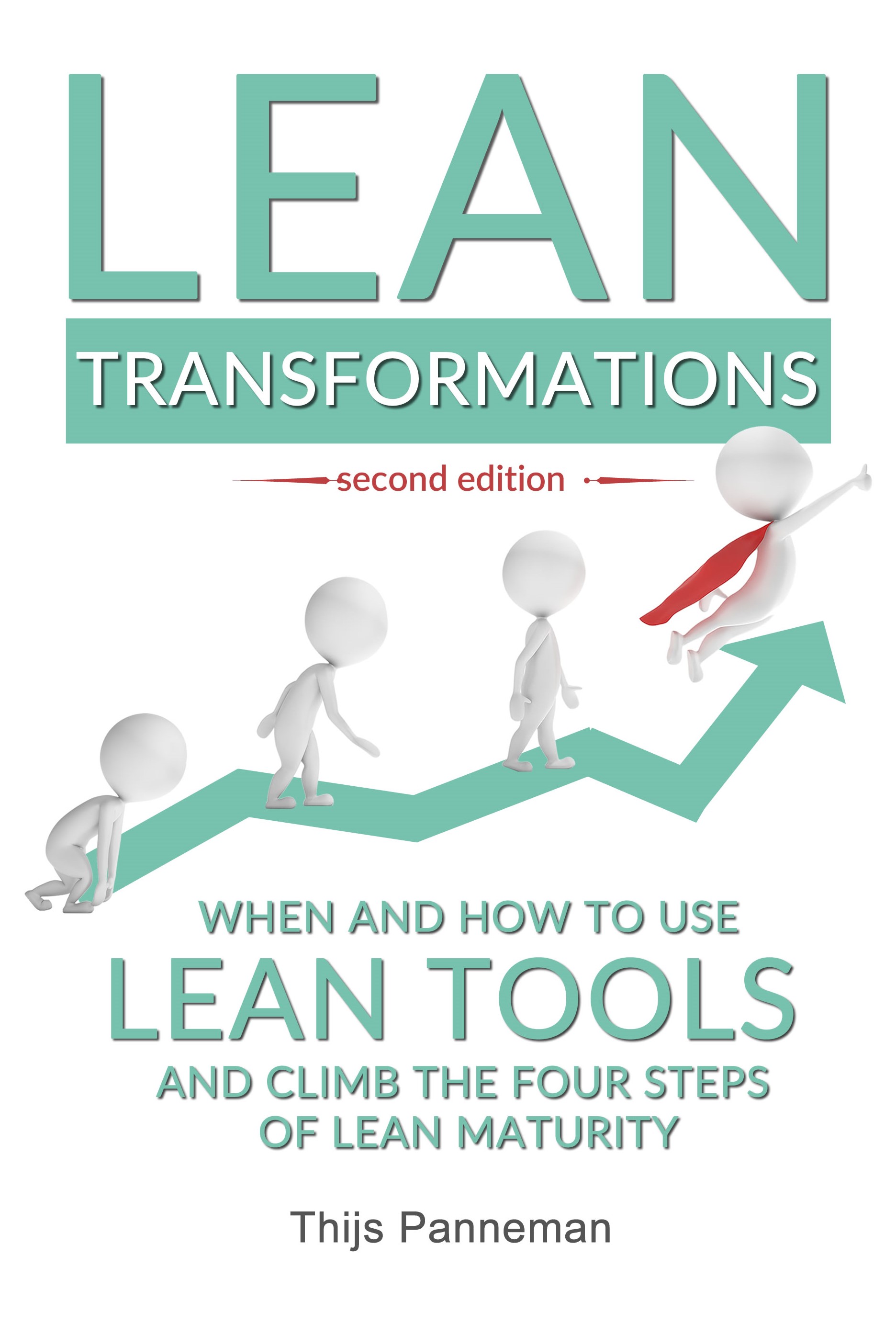In his book First Things First, Stephen Covey describes setting priorities as the most important aspect of successful (personal) improvement. No matter how efficient you do your work, if you´re doing the wrong thing, nothing will really improve.
This is where Covey distinguishes himself from traditional time management theories which are designed around the efficiency of a task. He compares the difference between efficiency and setting priorities with a compass and the clock: how fast you go is not as important as where you´re going.
In the first part of the book, SHORTCOMINGS OF TIME MANAGEMENT are discussed, based on three generations of theory:
- Priority is what is happening now
- Priorities are deducted from calendars and goals
- Priorities derive from values and goals
All three generations of theory lack the same thing: importance. Even though you plan well or work according to your personal or organizational values, it is still possible to do unimportant things. Covey argues that no one has ever become a happier person because he or she managed his or her time better. People who work efficiently are just as happy as people who work inefficiently. Setting priorities is the next step in a happier life. We should all strive to do the things that add value to our lives, things that make us happier. This 4th generation of time management is what covey defines as Time management based on principles.
To be able to set the right priority, FOUR AREAS OF HUMAN NEEDS are described on which we can focus ourselves:
- Physical needs, like clothing and nourishment
- Social needs, to love and to maintain relationships
- Mental needs, to learn and to grow
- Spiritual needs, rendition and contribution
These four areas are overlapping and the center in which all needs come together is called ´the fire within´. The idea is that problems within one of the areas can partly be balanced out by focusing on one of the other three.
Part two describes THE POWER OF PRIORITIZING. The most important aspect of successfully prioritizing anything, is taking the time to reflect on your past actions and think about what actions you would like to do next. Covey describes the metaphor in which a garden can only be beautiful if there is a gardener who is taking care of it. The same holds for our personal life. Be your own gardener!
The foundation of setting the right priorities lies in the principle of PUTTING IMPORTANT STUFF FIRST. Naturally, people tent to do urgent stuff first, which is a dangerous way or working because as long as there is enough urgency, there will never be time to start working on the important stuff. The most famous metaphor for this is the pot with rocks, gravel, sand and water. To work according to Covey´s standards is to:
- put the big rocks in first, which represent important, non-urgent matters
- Then add up as many gravel as possible, important and urgent matters
- add sand to the pot to fill the little pieces of space in between, the urgent, unimportant matters
- finally, you will find that there is still room for some water, the unimportant, non-urgent matters
Note that it could be possible to fill the pot entirely with water, and it would be impossible to add big rocks to the pot, because it would overflow. The pot represents our calendar. The big rocks symbolize the activities that are important to you on the long term and should be planned in your calendar before anything else, because like with the water in the pot: there will be no time for the important stuff left if you put the urgent unimportant stuff first.
The next step in setting priorities is then HOW TO DETERMINE WHAT STUFF IS IMPORTANT. The tool which can be used to help defining what is important to person is to write down a so called ´personal mission statement´ which include the following
- An acquittal of your personal talent
- A contribution to a higher goal than yourself
- A description of needs divided in all four dimensions described above (physical, mental, social and spiritual)
Make sure all the different roles you have in your life, like being a father, a brother, a manager and a worker, are represented by the mission statement, because it is never worth it to excel in one of your roles at the cost of another one.
This is why prioritizing based on principles is the way to do it, cause acting based on principles like being empathic, trustworthy and empowered can be used in all the different roles you have.
The difficult step now is to define actions in each of the areas of human need, to achieve your personal mission. Keep in mind though, that life cannot fully be planned and therefore should the list of actions never require all of your time to accomplish them.
Because you cannot plan everything in life, part three of the book describes HOW TO RESPOND TO UNPLANT SITUATIONS. Make your decisions based on the following:
- Ask yourself: What is important for me personally? Is this decision I´m about to make in line with my personal goals?
- Take the time to listen to others to really understand the situation, because human relations are important.
- Be brave and honest with yourself and others and don´t be afraid so show vulnerability in making your decision.
Covey´s theory based on personal leadership describes the importance of fulfilling our personal needs in our different roles as human beings. Try to see every situation as a possibility to be able to fill a need, by helping or empowering someone to get ahead, instead of looking at your life as chain of unwanted tasks in which you are continually disrupted by others.
Systematically ticking boxes of a to-do-list does not increase happiness. Covey describes that is more important to choose what to do, than it is on how fast you do that something.
Based on your personal mission statement, you can define actions which are important to you, based on the four dimensions of human needs.
Next to that, always take the time to reflect to make sure you are still working on the most important things first. Only then, at the end of the week, you can say that you have spent your time in the best way possible.
Continue to:
Thinking, fast and Slow – D. Kahnemann
SOURCE:
Covey, S, 1994, Prioriteiten, Effectieve Keuzes in Leven en Werk, Amsterdam: Business Contact (order this book)















